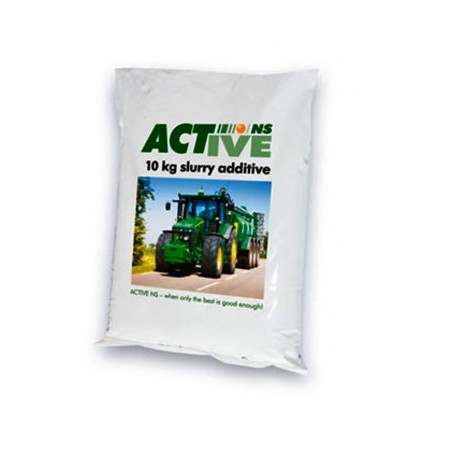Rapeseed meal (RSM) and wheat dried distillers grains with solubles (DDGS) are by-products which may be incorporated into pig diets. However, in comparison with wheat, inclusion of DDGS has previously been associated with reduced amino acid digestibility and high fibre content, limiting their inclusion in dietary formulations. Similarly, RSM has increased fibre content when compared with SBM, which can result in a reduction in the digestibility of various nutrients, including nitrogen. The poor digestibility of nutrients caused by non-starch polysaccharides (NSP) in by-products suggests that exogenous enzymatic supplementation is required to increase nutrient utilization when feed ingredients such as RSM and DDGS are used. It was hypothesized that protease and xylanase supplementation either singly or in combination may contribute to improve digestibility of diets containing DDGS and RSM-based, improve growth performance and reduce manure gaseous emissions. Two experiments were conducted following a 2 × 2 factorial arrangement in a randomized complete block design comprising 4 dietary treatments. The experimental treatments were as follows: (1) basal diet; (2) basal diet plus 200 mg/kg protease enzyme; (3) basal diet plus 200 mg/kg xylanase enzyme; (4) basal diet plus 200 mg/kg protease and 200 mg/kg xylanase enzymes. In experiment 1, to assess growth performance and carcass characteristics, 128 pigs with 34.2 ± 2.1 kg of body weight were allocated to one of four treatments based on a basal diet containing DDGS (300 g/kg) and RSM (210 g/kg). In experiment 2, to assess apparent ileal (AID) and total tract nutrient digestibility (ATTD) and manure gaseous emissions in grower–finisher pigs, 24 finishing boars (78 ± 2.3 kg BW), were housed in metabolism crates and offered identical diets to those in the previous experiment.
In experiment 1, pigs offered diets supplemented with protease had a lower ADG (P<0.001) during the combined grower and finisher period (d 0-slaughter) compared with pigs offered diets without protease. There was an interaction between growing phase, protease and xylanase supplementation on ADFI (P<0.01) and BW (P<0.01). During the finishing phase (d 28-slaughter), pigs offered diets containing both xylanase and protease had a reduced ADFI and a reduced BW compared with pigs offered the protease or xylanase only diets. In experiment 2, there was an interaction between xylanase and protease (P<0.05) on the AID of gross energy (GE). Diets containing protease only had increased AID of GE compared with basal fed pigs; however the AID of GE decreased when protease was combined with xylanase. Diets containing xylanase reduced manure odour emissions compared with diets with-out xylanase (598 vs. 1306 OuE/m3; P<0.05).

In conclusion, neither xylanase nor protease had any positive effects on pig performance or carcass characteristics. However, protease increased the AID of GE and xylanase reduced manure odour emissions.
O’Shea, C.J., Mc Alpine, P.O., Solan, P., Curran, T., Varley, P.F., Walsh, A.M. and Doherty, J.V.O. (2014). The effect of protease and xylanase enzymes on growth performance, nutrient digestibility, and manure odour in grower–finisher pigs. Animal Feed Science and Technology 189; 88– 97. http://dx.doi.org/10.1016/j.anifeedsci.2013.11.012




